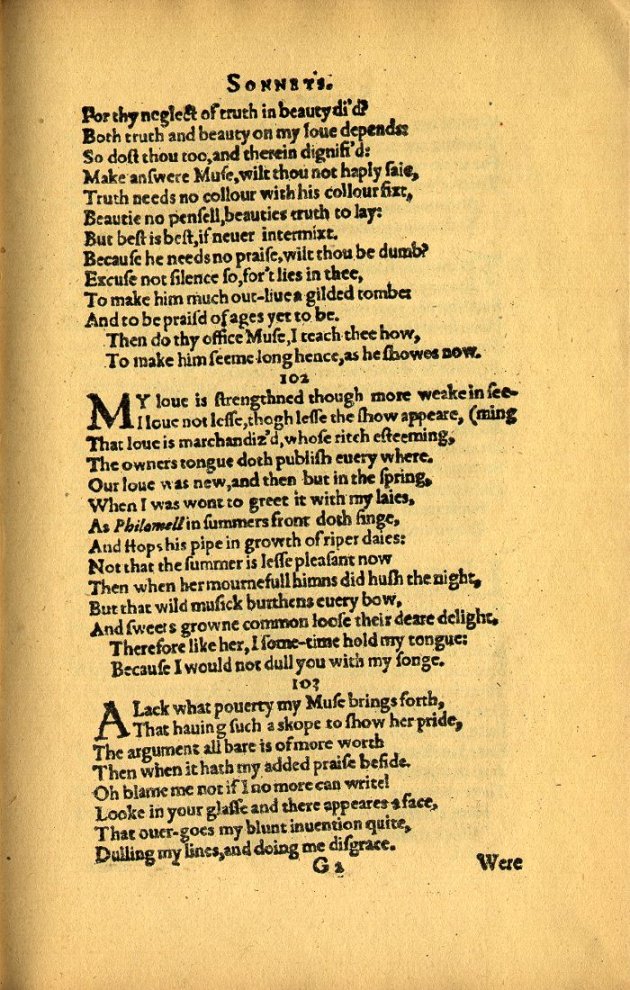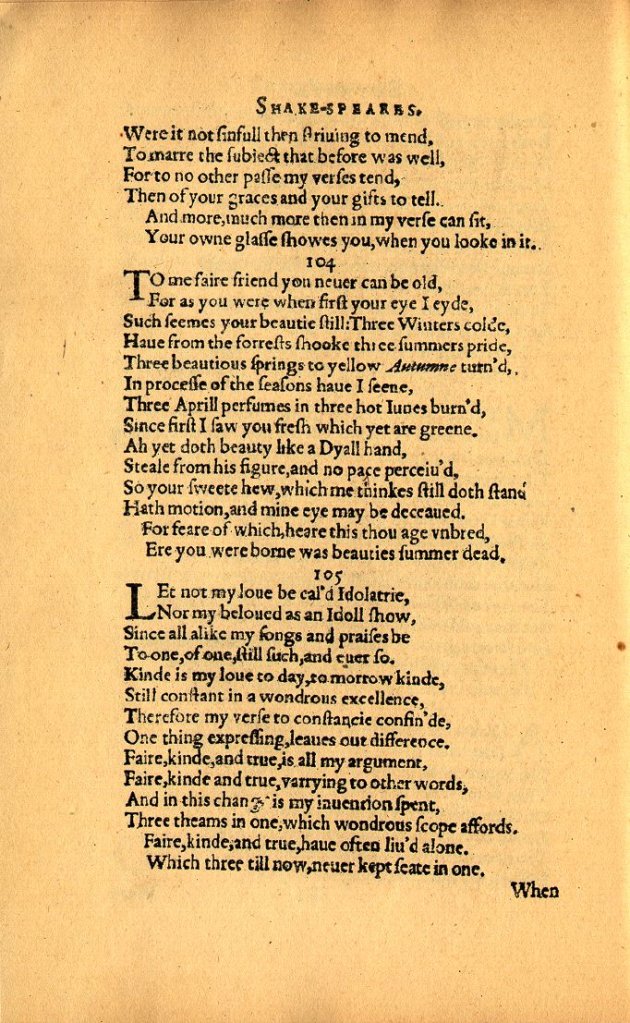![]()
The Charlotte News
Thursday, March 9, 1944
THREE EDITORIALS
![]()
![]()
Site Ed. Note: The front page reports that for the fourth time in six days, beginning the previous Saturday, the Eighth Air Force struck Berlin in a major raid, again beginning around 12 o'clock high noon. The size of the raid was not indicated. The bombers met little resistance compared to the earlier raids. They encountered hazy conditions, in contrast to the clear skies of the previous two raids.
The War Department and Navy Department reported that total American casualties thus far in the war had reached 162,282, of whom 37,853 were killed. About 41,000 of the casualties were from the Navy, with 17,261 killed.
For the first time, the figures were provided separately for each theater of the war. The bulk of the deaths, predictably, had come in North Africa, most during the first four months of 1943, 9,271. Of the remainder, 3,877 had been killed in either the South Pacific or the Southwest Pacific, about evenly divided between the two areas. Europe accounted for 2,419 killed.
It was also announced that the Fifth Army had inflicted 9,000 German casualties since the end of January in the Cassino area, with all except 1,500 captured being killed or wounded. During the same period, the Germans had suffered 24,000 casualties on the Anzio beachhead.
Action around Cassino and the Anzio beachhead was relatively light the previous day.
The Russians opened another new offensive on the Ukraine front, this one under General Rodion Malinovsky, consisting of 125,000 troops who had crossed the Ingulets River, aiming for Nikolaev and Kherson. The First Ukrainian Army under Marshal Zhukov still continued its advance, and was engaged in heavy fighting inside Staro-Konstantinov.
In the Pacific, the Marines who had landed on Willaumez Peninsula on New Britain were encountering now stiff Japanese resistance, presumably coming from Talasea, five miles northwest of the landing point.
William Cardinal O'Connell, Catholic Archbishop of Boston, issued a written prayer that Rome would be spared destruction by the military forces of both the Allies and Axis. Cardinal O'Connell would pass away on April 22.
William Worden, writing in the "Reporter's Notebook" from the U.S. flagship off the coast of Eniwetok in the Marshalls, expounds on the strangeness of the war in the Pacific. The strangest part, he says, was that one could see the whole battle from shipboard. There was also a sameness about the war, the same blue-green water, the same crescent-shaped beach, the same collection of ships, appearing in battle after battle.
On the editorial page, "Air Victory" again points to the unimaginable conditions on the ground now in the major cities of Germany, especially hard-hit Berlin, after the relentless Allied bombing since November. Despite incurring at times heavy losses in these raids, as on the recent American raid on Berlin in which 68 bombers and 11 fighters were lost, the Allied bombers continued to come. It had to be disheartening to the morale of the Germans, and urging on the day when it would precipitate Germany's fall.
"The Women" comments on the problems potentially to arise from the end of the war and the return of men looking for their old jobs, now occupied by women. Some women, it appeared, would be content to drop out and return home. But others had grown accustomed to their jobs and liked them. If consumption kept pace with production after the war and increased, then the men could be re-absorbed into the work force without the displacement of most of the women. But were there to be a downturn in production, then economic consequences could be severe.
The piece concludes that a leader of men was necessary to determine how to handle the problem of women workers after the war.
Enter, especially judging by the cartoon, lower right, Elvis and Rock Hudson, we suppose. Or, maybe, judging by the "Side Glances", it would take Elmore James.
"Bob Again" finds it par for the course, that Senator Reynolds, rounding the seventeenth hole, heading into his last eight months in office, would bemoan the sending of farm equipment to the Allies when, he contended, it was sorely needed by American farmers. He had voiced consistently his opposition to the United Nations Relief and Rehabilitation Administration created in 1943, and so it came as no surprise that he would persist in his nationalism, inveighing, even in the face of all evidence to the contrary, against internationalism in the new world to come.
Dorothy Thompson discusses the political crisis which had erupted regarding President Roosevelt's announcement that a third of the Italian Fleet would be turned over to the Russians. The Badoglio Government had expressed consternation at the prospect of Russia becoming a naval power at the expense of Italy, now fighting since September as a co-belligerent with the Allies. If they were to lose their fleet, combined with Prime Minister Churchill's statement that their empire interests would be dissolved, for what incentive were they fighting?
She clarifies that the purpose behind the transfer was not likely just the redistribution of post-war booty, but rather had a probably strategic motive, to benefit Yugoslavia with supplies from across the Adriatic and, likewise, Greece. There appeared no other immediate strategic advantage to Russia, as the Baltic and Aegean were cut off by the Germans, while the Dardanelles were controlled by the neutral Turks. The Far East was protected by the Japanese Navy.
The front page indicates that Prime Minister Churchill had clarified the terms of the division of the Italian Fleet and indicated that Russia would receive the equivalent of one-third of the Italian Fleet, but that it would actually consist primarily of British and American ships, mostly American. The issues raised in Ms. Thompson's piece appear to have been for the part mooted by the time of publication in this instance.
Marquis Childs explores the decision of Chile to recognize the Farrell regime in Argentina, despite the U. S. State Department's decision not to recognize it, contingent upon future events, premised on General Farrell’s demonstrated prior amity with the Axis.
Mr. Childs observes that the split from American foreign policy by Latin American countries, appearing to spread to Uruguay and Paraguay, was inevitable given the hostility evident in recent months developed from economic exploitation of Latin America by various American corporations since the start of the war. Mr. Childs believes that much of this hostility might have been avoided with better State Department oversight as to the ends to which millions of dollars of U.S. money invested in aid of economic development was being used to effect.
Samuel Grafton relates of his friend, Nick Dinim, perhaps his alter-ego, in Mr. Dinim's quest to become au courant in foreign affairs. He had determined the best policy of the future was internationalism. On the domestic front, he believed the historic cycle of politics would favor, after twelve years of Roosevelt, the Republican candidate.
Perhaps soon, we shall hear from Mr. Grafton what Mr. Dinim's wife, Jean Blue, a war worker, believed.
Drew Pearson points out that the Rural Electrification Administration was making so much profit, with farm labor short and thus farmers resorting to use of electrical machines to replace the labor once performed manually, that government officials worried it would cause state tax authorities to begin to tax the profits at increased rates. The rural electric cooperatives were paying off their loans apace, but, after the war, as usage of electricity would perforce diminish while expenses for new construction would inevitably rise, causing profits to fall to pre-war levels or less, the picture might suddenly become not so rosy. In the meantime, the agency, criticized previously for inefficiency, was now in high cotton.
He next tells of the ribbing which the unassuming Jonathan Daniels had endured from the wagging tongues of other White House officials regarding his newly obtained notoriety re his being threatened with contempt of the Senate for refusal initially to respond to questions about his seeking the resignation of REA head Harry Slattery. Shot back Mr. Daniels to one of the jabbers, Eugene Casey, another presidential assistant, "Shucks, you're just jealous." Mr. Casey replied that if he ever made page one, it would not be because he had kept his mouth shut.
Mr. Pearson informs of Republican Representative George Bender of Ohio, a foe of the poll tax, having inquired of the War Department why it had released an advisory letter to soldiers stating that they should contact their state's secretary of state for all voting instructions, including whether they had to register and pay poll taxes. Mr. Bender reminded that a 1942 bill had provided for non-registration and non-payment of poll taxes by members of the armed forces. He anxiously awaited reply.
Finally, Mr. Pearson points out the discovery by the Agricultural Adjustment Administration and the Office of Price Administration of a ruse being employed by farmers to circumvent gas rationing via application for gas to run abandoned vehicles. Henceforth, the agencies would more closely monitor which vehicles were still in operation.
The little squib at the bottom of the editorial column reminds again of this piece.
And, watching for the first time last night
![]()


![]()
![]()
![]()